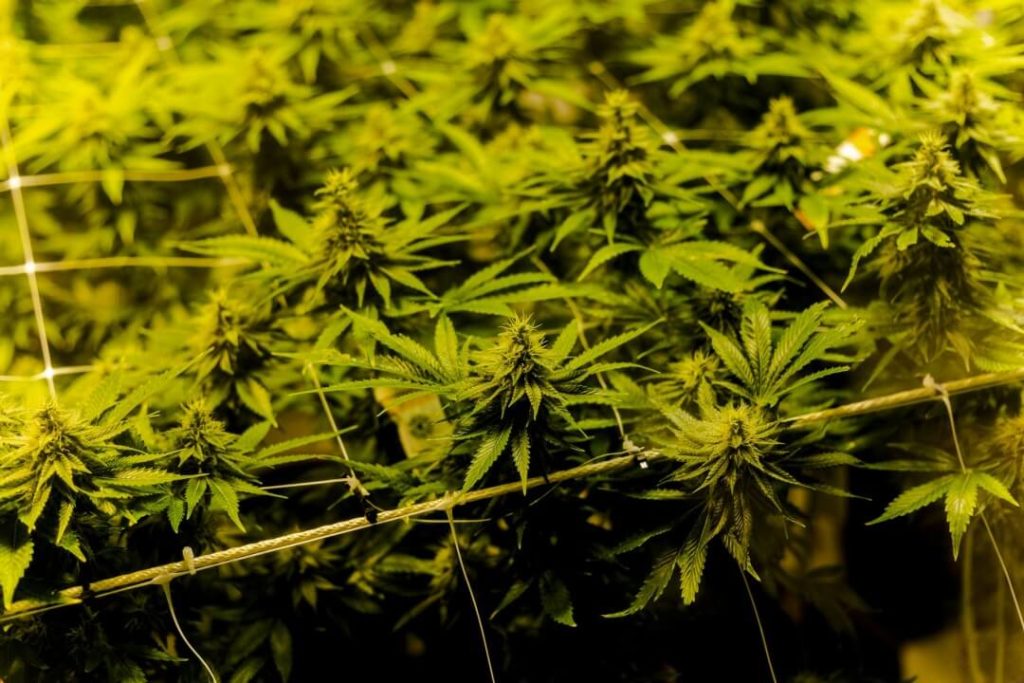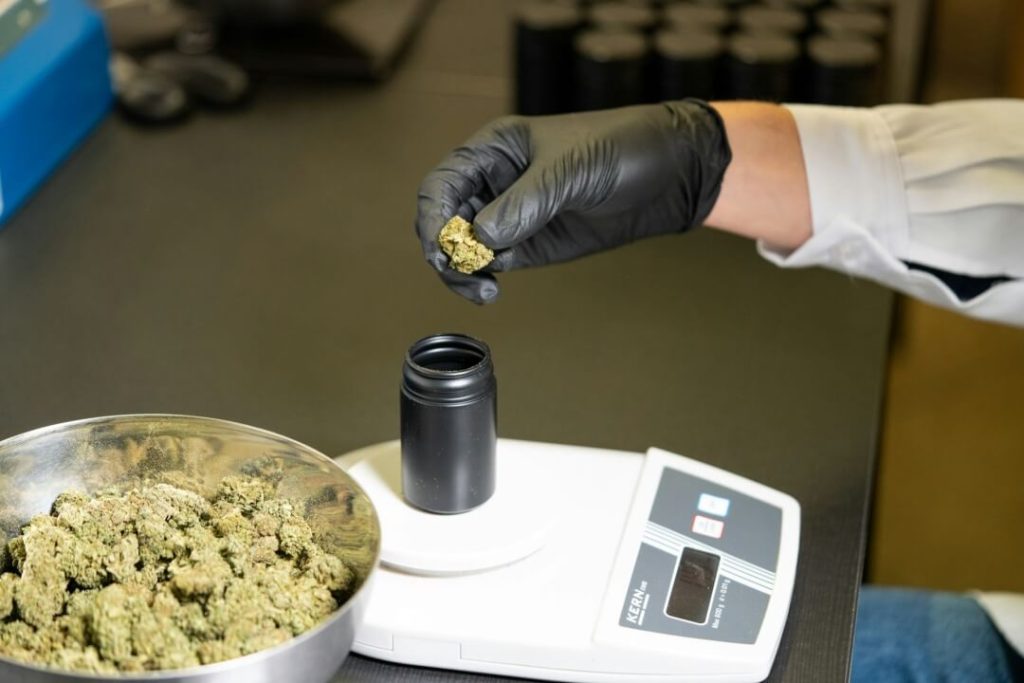The Current State and Future of Thailand’s Cannabis Industry

Background and Current Status of Cannabis Legalization in Thailand
In 2018, Thailand became the first country in Asia to legalize the use of medical cannabis, and by 2022, the cultivation of cannabis at home, beyond medical purposes, was also permitted. The Thai government’s decision to legalize cannabis was largely influenced by the growing body of scientific evidence supporting its use in medical treatment worldwide. Additionally, by allowing cannabis cultivation, Thailand aimed to establish a new pillar for economic growth. The legalization of medical cannabis has also contributed to cost savings in Thailand’s healthcare system and has become a new attraction in the tourism industry.
Currently, cannabis cultivation in Thailand adheres to the WHO’s GACP (Good Agricultural and Collection Practices) standards. Medical cannabis, in particular, demands high-quality strains, and rigorous cultivation management is required. As of 2023, Thailand’s cannabis industry is valued at approximately 400 billion baht (about 12 billion USD), with expectations for further market growth in the future.
Growth and Challenges of Thailand’s Medical Cannabis Market
The demand for medical cannabis is rising globally, including in Thailand. Medical cannabis is primarily used for slowing the growth of cancer cells, inhibiting cancer cell proliferation, delaying the synthesis of substances that cause Alzheimer’s, treating epilepsy, reducing pain and tremors in Parkinson’s disease, and treating insomnia and mental disorders. Cannabis contains hundreds of compounds, with the main cannabinoids being THC (tetrahydrocannabinol) and CBD (cannabidiol). Research and utilization of these compounds have advanced, leading to the development of drugs that incorporate these ingredients.
Despite the scientifically proven benefits of medical cannabis, Thailand’s medical cannabis market requires compliance with strict GMP (Good Manufacturing Practice) standards and ISO certifications. While this stringent regulation ensures that cannabis cultivation and production are conducted under safe conditions, it also creates high entry barriers, making it challenging for small and medium-sized enterprises to participate. Additionally, regional regulatory differences within Thailand hinder the development of the domestic cannabis industry. Although the import and export of cannabis products are currently tightly regulated, the relaxation of these restrictions could pave the way for the export of Thai-made pharmaceutical products, manufactured under strict GMP standards, to global markets.
Employment Trends in Thailand’s Cannabis Industry

Key Roles and Required Skills
In Thailand’s cannabis industry, there is particularly high demand for roles such as Cannabis Agronomists and Quality Assurance Specialists. Cannabis Agronomists are responsible for developing optimal cultivation methods under specific climatic conditions and improving strains to maximize THC and CBD content. Quality Assurance Specialists oversee quality control, ensuring that products comply with GMP and ISO standards, and conduct rigorous inspections before products are released to the market.
Job seekers are expected to possess advanced skills, including PhDs in fields like agronomy or pharmacy, and extensive knowledge of biotechnology. Specialized analytical techniques such as HPLC (High-Performance Liquid Chromatography) and GC-MS (Gas Chromatography-Mass Spectrometry) for cannabinoid analysis are often required, and candidates with these skills are highly valued.
Current State and Future Outlook of the Job Market
The job market in Thailand’s cannabis industry is experiencing rapid growth, particularly in urban areas like Bangkok and Chiang Mai. There is high demand for cultivation technicians and R&D professionals, with average annual salaries ranging from 800,000 baht (about 25,000 USD) to 1,500,000 baht (about 47,000 USD). As the government continues to ease regulations and the market expands, employment opportunities are expected to increase.
In the future, the potential lifting of restrictions on exports to neighboring countries could further boost international demand for skilled professionals. With the ongoing introduction of advanced technologies like bioinformatics and genome editing, it is anticipated that there will be a growing need for professionals with more specialized expertise.
The Importance and Future Prospects of Medical Cannabis in Thailand

The Therapeutic Effects of Medical Cannabis in Thailand
In Thailand, medical cannabis is used to treat a wide range of conditions, including chronic pain, epilepsy, and alleviating side effects of cancer treatments. The combination of THC and CBD is particularly effective in reducing nausea and vomiting associated with chemotherapy. Clinical trials have also shown that CBD significantly reduces seizure frequency in epilepsy patients.
The number of patients being prescribed medical cannabis is increasing at major medical institutions across Thailand, contributing to improved public health. Patient feedback has been largely positive, with many reported cases of successful treatment outcomes.
Research and Technological Development in Thailand’s Medical Cannabis Sector
Research on medical cannabis is advancing in Thailand, with a strong focus on the pharmacological effects of cannabinoids. At institutions like Chulalongkorn University and Mahidol University, research is underway on the impact of THC and CBD balance on neurological disorders, which could lead to the development of new treatments.
On the technological front, genetic modification techniques are being used to develop new cannabis strains with enhanced cannabinoid content. This innovation is expected to enable the production of more efficient medical cannabis products, thereby expanding treatment options for patients.
The Future of Thailand’s Cannabis Industry
Thailand’s cannabis industry is expected to continue expanding, driven by government regulation easing and market growth. Particularly in the medical cannabis sector, ongoing research and development are likely to yield new treatments and products. Furthermore, Thailand, with its favorable geographic conditions, is well-positioned to serve as a hub for supplying cannabis products across Asia.
Additionally, Thailand’s cannabis industry is emerging as a globally competitive sector, solidifying its position as a leader in Asia. Looking ahead, the adoption of sustainable agricultural technologies and expanded access to international markets are expected to drive further development of Thailand’s cannabis industry.
